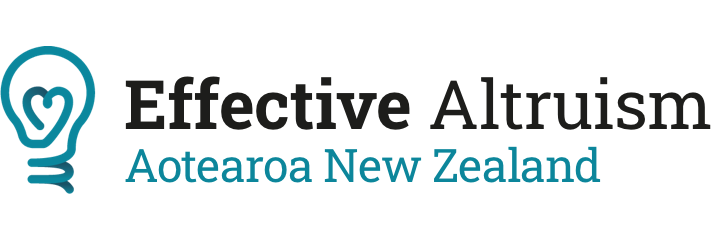This event will feature four authors from the recently released and widely discussed AI consciousness report. This report argues for, and exemplifies, a rigorous and empirically grounded approach to AI consciousness: assessing existing AI systems in detail, in light of the best-supported neuroscientific theories of consciousness. The paper surveys several prominent scientific theories of consciousness, including recurrent processing theory, global workspace theory, higher-order theories, predictive processing, and attention schema theory. From these theories the authors derive "indicator properties" of consciousness, elucidated in computational terms that allow them to assess AI systems for these properties. They use these indicator properties to assess several recent AI systems, and discuss how future systems might implement them. In this event, the authors will summarize the report, offer perspectives from philosophy, cognitive science, and computer science, and respond to questions and comments.
Panelists
Patrick Butlin is a philosopher of mind and cognitive science and a Research Fellow at the Future of Humanity Institute at the University of Oxford. His current research is on consciousness, agency and other mental capacities and attributes in AI.
Robert Long is a Research Affiliate at the Center for AI Safety. He recently completed his PhD in philosophy at New York University, during which he also worked as a Research Fellow at the Future of Humanity Institute. He works on issues related to possible AI consciousness and sentience.
Yoshua Bengio is recognized worldwide as one of the leading experts in artificial intelligence, known for his conceptual and engineering breakthroughs in artificial neural networks and deep learning. He is a professor at Université de Montréal, the founder and scientific director of Mila – Quebec AI Institute, and has received numerous awards, including the A.M. Turing Award, “the Nobel Prize of Computing”.
Grace Lindsay is currently an Assistant Professor of Psychology and Data Science at New York University. After a BS in neuroscience from the University of Pittsburgh and a year at the Bernstein Center for Computational Neuroscience in Freiburg, Germany, Grace got her PhD at the Center for Theoretical Neuroscience at Columbia University in the lab of Ken Miller. Following that, she was a Sainsbury Wellcome Centre/Gatsby Computational Neuroscience Unit Research Fellow at University College London.

